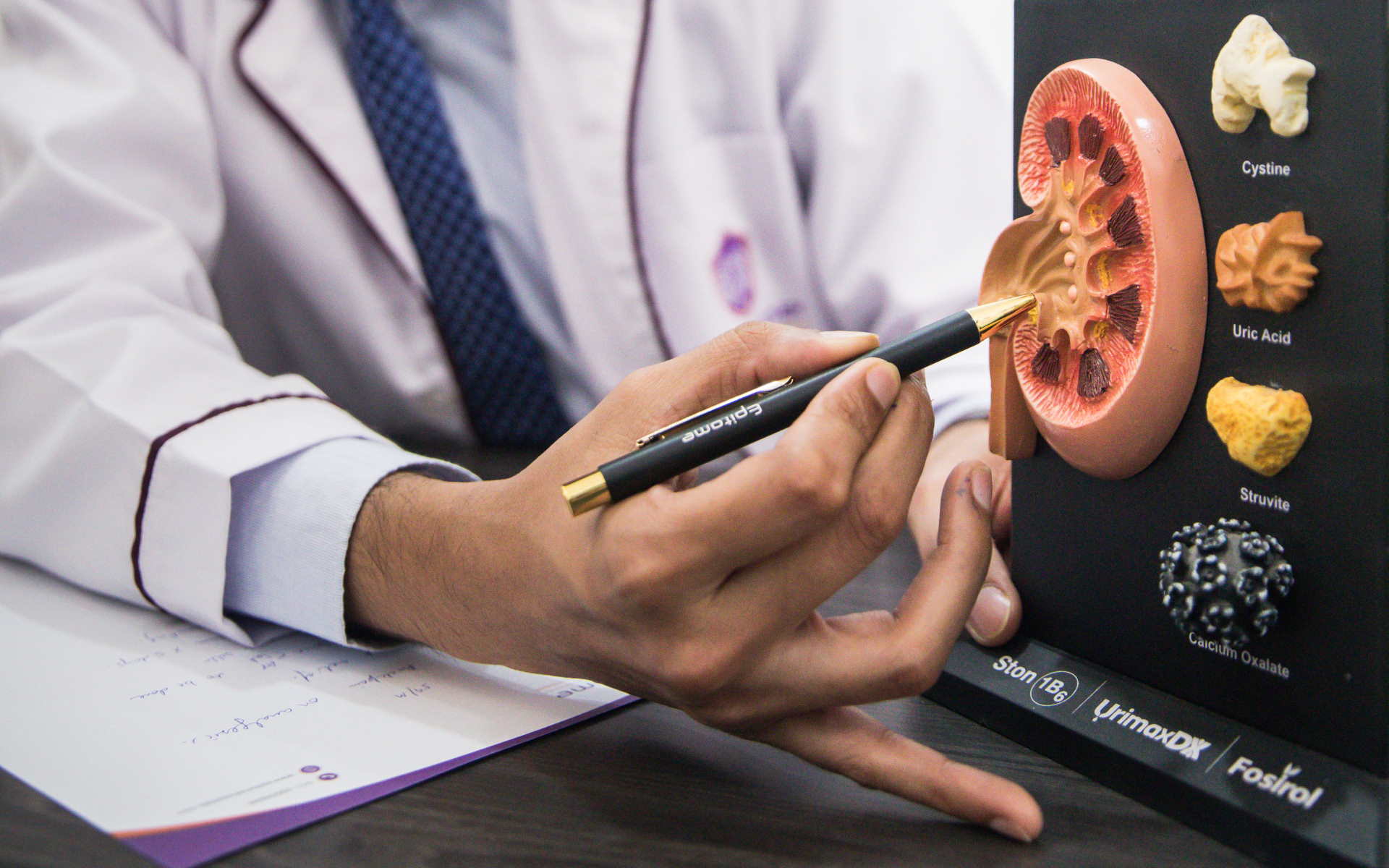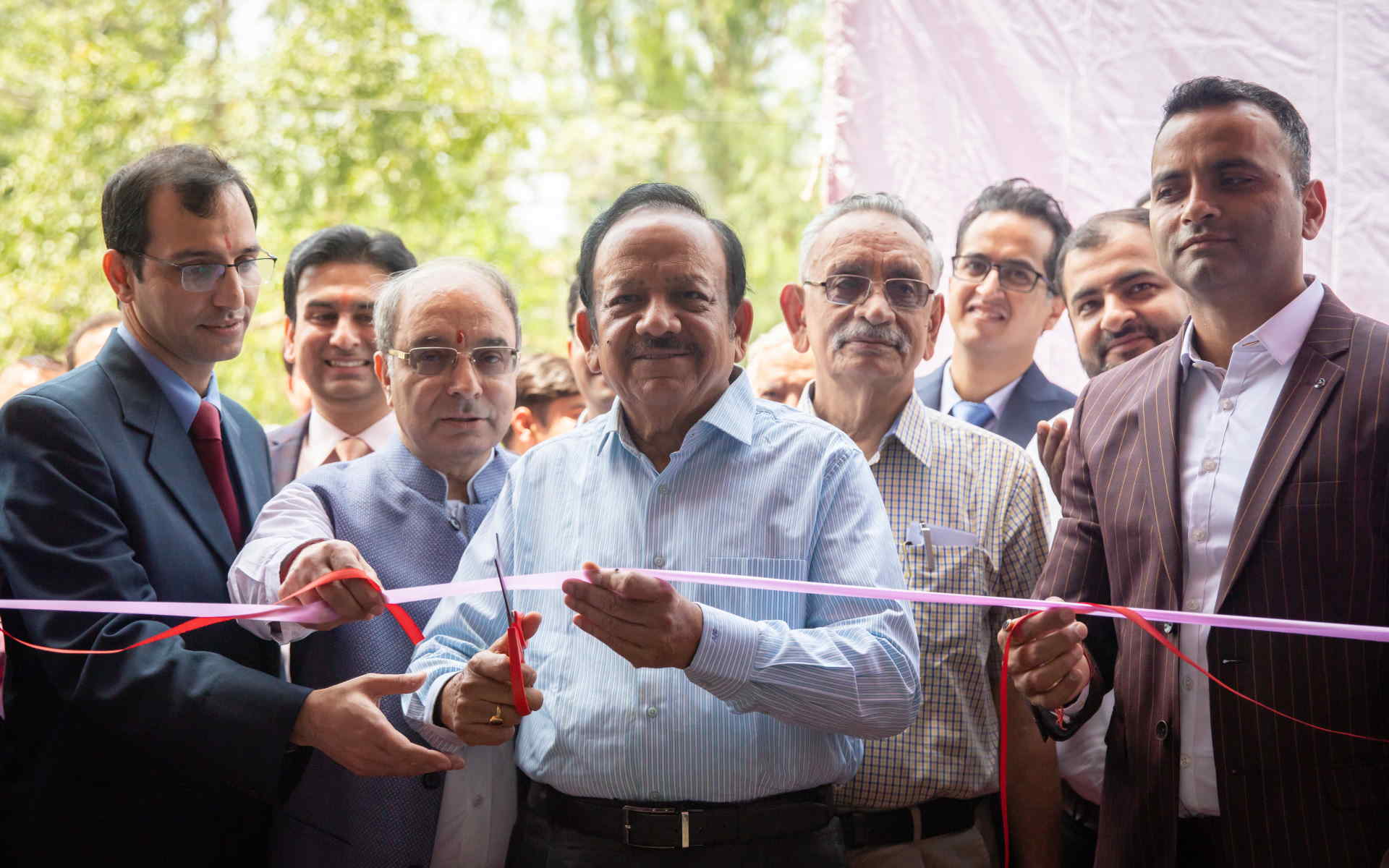Your daily routine will change dramatically after a kidney transplant as you learn to manage 10 to 12 different medications. These medications become a permanent part of your life – you must take them regularly as long as you have your transplanted kidney.
The care you receive after your kidney transplant plays a vital role in your recovery. Medication management represents just one aspect of your recovery. Recipients often face additional health challenges. The risk of hypertension affects approximately 43% of Indian kidney transplant patients. Post-transplant diabetes is also a substantial concern, with Indian studies reporting that about 22%–23% of recipients develop new-onset diabetes after transplantation, similar to global rates.
Essential Medications in Post Renal Transplant Care
Post kidney transplant success depends heavily on anti-rejection medications. The transplant team will create a medication plan that protects new kidney while trying to limit their impact on your ability to fight infection.
Primary immunosuppressants: Tacrolimus, Cyclosporine, and Sirolimus
These medications protect your transplanted kidney. A randomized study showed that low-dose tacrolimus led to better renal function and less acute rejection than cyclosporine or sirolimus regimens. Tacrolimus showed the highest allograft survival rate at 94.2%, while cyclosporine reached 93.1% and sirolimus achieved 89.3%.
Each medication has its unique way of working:
- Tacrolimus: You need to take this twice daily. Stay away from grapefruit as it affects how your body absorbs the medication. Side effects can include increased creatinine, high blood pressure, and elevated blood sugar.
- Cyclosporine: This tested-daily medication might cause your gums to grow and increase facial and body hair. Your blood levels need regular checks to avoid cyclosporine toxicity.
- Sirolimus: This once-daily medication affects lipid metabolism and wound healing and hence is usually added after healing of transplant has completed.
Secondary medications: Mycophenolate and Azathioprine
These medications work with primary immunosuppressants:
- Mycophenolate Mofetil: Most common side effects affecr the digestive system. Women must use birth control before and after 6 weeks of treatment as it affects development of the foetus if pregnancy happens until on this medication.
- Azathioprine (Imuran): This older medication still works well in many protocols, especially with calcineurin inhibitors. Research in India showed that azathioprine costs 6-10 times less than mycophenolate with similar results in living donor transplants.
Corticosteroids and their gradual reduction
Prednisone and prednisolone were the first immunosuppressants used in transplantation. These medications work well to prevent rejection but can cause weight gain, diabetes, and osteoporosis.
Most centers use a tapering schedule and decrease prednisolone to around 5mg by 1-2 months. Studies show that stopping steroids substantially raises acute rejection risk, despite trends toward steroid-free protocols. Even low “physiologic” doses still have measurable immunosuppressive effects.
Missing or stopping these medications can cause immediate or gradual rejection. Your transplant team should approve any new medicines since many can affect your anti-rejection medications.
Developing a Routine for Medication Adherence
Taking medications regularly plays a vital role in transplant success. Research shows 30-35% of kidney transplant recipients don’t take their medications properly, which puts their health at risk.
Why strict adherence matters for graft survival
Studies show patients who take their medications properly are 2.75 times more likely to keep their grafts healthy compared to those who don’t. Missing even one dose raises the risk of rejection that can damage the graft, lead to hospital stays, or cause the graft to fail completely – forcing a return to dialysis.
The risks grow as time passes after transplantation – patients tend to skip more doses several years after their surgery. Many patients say they found it hard to remember medications early on but developed good routines later. Daily schedule changes remain one of the biggest barriers to taking medications consistently.
Technology tools to help maintain your schedule
Today’s technology provides several ways to manage medications better:
- Smartphone applications – You can set alarms or use special transplant apps to track your medication schedule
- Electronic pill bottles/boxes – These devices record each time you take medicine and send the data wirelessly
- Medication reminder systems – You can get text messages or smartwatch alerts that remind you to take medications
Building a support system for medication management
Family support makes a big difference in how well patients take their medications and their quality of life. Having someone remind you about medications helps – about 26% of patients depend on others for medication reminders.
Your transplant team can help optimize your medication schedule. They can adjust your medication timing to match your daily routine and help with any side effects that might make you skip doses.
Many patients benefit from talking to other transplant recipients in online communities. They share tips about taking medications and provide emotional support. The key is to tell your healthcare team about any challenges with taking medications before they start affecting your transplanted kidney.
Read more – Key Insights for Kidney Transplant: Before, During, and After
Navigating Follow-up Care After Kidney Transplant
Regular follow-up visits are the foundations of a successful post-transplant recovery. A structured schedule will give your new kidney the best chance to work well and prevent complications.
Creating a calendar for clinic visits
You’ll need frequent visits right after discharge. The schedule starts with twice weekly visits for one month. This gradually decreases to weekly, then bi-weekly, and finally monthly as your condition becomes stable. Your first clinic visit happens 1 week after you leave the hospital.
Blood work requires you to arrive a few hours before your appointment. Take your immunosuppressant medications only after your blood is drawn if drug level is planned for testing. This timing helps get accurate readings of medication levels in your bloodstream.
Remember to bring:
- Your medication list and pill bottles
- Medication logs or tracking records
- Any questions or concerns
Keep a chronological file of all lab reports and medication dosages that you can reference during clinic visits.
Coordinating between specialists
Your transplant team works as a connected network. The transplant coordinator acts as your main contact. Along with your transplant specialists, you should schedule yearly checkups with your:
- Primary care physician
- Nephrologist
- Dermatologist
- Dentist
- Optometrist
Reach out to your coordinator right away if you notice potential rejection symptoms (decreased urine output, fatigue, pain over transplant site) or signs of infection (fever, redness at incision, burning during urination).
Telemedicine options for transplant patients
Telemedicine has helped bridge healthcare gaps for kidney transplant recipients in India. In a study, telemedicine consultations avoided hospital visits in 92.6% of patients, with a high satisfaction score of 9.5 out of 10. Most Indian patients, especially those living far from transplant centers, found virtual consultations highly beneficial, as 77% used WhatsApp for communication, significantly reducing travel costs and infection risks.
Most transplant centers in Delhi, India now use hybrid care models—routine follow-ups are conducted virtually, while in-person visits are reserved for physical examinations and critical concerns. This approach has made post-transplant care more accessible and flexible for Indian recipients across urban and rural areas.
Lifestyle Modifications for Transplant Recipients
Life after a kidney transplant demands thoughtful lifestyle changes that ensure your new kidney stays healthy. These changes play a vital role in your recovery and long-term health.
Dietary guidelines specific to transplant medications
Your post-transplant diet needs careful planning. The rules differ from pre-transplant restrictions. You should drink 2-3 liters of fluids daily to keep your new kidney hydrated. Notwithstanding that, your sodium intake should stay between 2000-2500 mg/day to manage fluid retention and blood pressure.
Your anti-rejection medications might lift potassium levels. This means you may need to watch high-potassium foods like bananas, potatoes, and dark leafy greens. Studies show calcium becomes especially important when you have prednisone prescriptions. Daily intake should range from 800-1500 mg based on age.
Safe exercise recommendations
Physical activity helps reduce cardiovascular risk, improves metabolic control, and fights medication side effects after renal transplant. Most medical centers suggest waiting 4-8 weeks before you start exercising.
Light activities like short walks work best at first. You should build up slowly. The goal is 30 minutes of moderate exercise at least five days weekly. Research proves patients who exercise regularly show lower death rates and better graft function during their first year after transplant.
Managing work and social life with transplant medications
Most patients head back to work within 12 weeks after transplant. Phone alarms help you take medications on time during social events.
Getting back to normal activities marks a soaring win. Research shows patients enjoy better mental health and quality of life after transplant compared to dialysis. Your new normal requires deepening their commitment to health routines.
Best Kidney Transplant & Care Hospital in Delhi: Epitome Hospital
For those seeking the Best Kidney Transplant Hospital in Delhi, Epitome Hospitals represents a leading choice, renowned for exceptional Kidney Treatment. Their dedicated transplant unit is staffed by some of the Best Nephrologists in Delhi, specializing in complex procedures and patient-centered care.
Recognized as a Best Kidney Transplant Centre in Delhi, Epitome Hospitals integrates innovative approaches and state-of-the-art technology discussed earlier to optimize outcomes. They offer comprehensive services for Kidney Transplant in Delhi NCR, focusing on personalized care pathways, advanced immunosuppression management, and robust post-transplant support, ensuring patients receive world-class treatment tailored to their needs.
Conclusion
For Kidney Treatment in Delhi, consulting the best Nephrologists is vital. Epitome Hospitals, widely regarded as the Best Kidney Transplant Hospital in Delhi, provides access to these cutting-edge therapies, facilitating successful Kidney Transplant and setting new standards in patient care.
Learn from Renal Transplant Case Studies: HLA Desensitization, Positive Crossmatch & Post-Transplant Care
Case Study 1 – HLA Positive Crossmatch – Successful renal transplant despite a positive crossmatch using desensitization protocol
Case Study 2 – HLA Positive Crossmatch – Crossmatch-positive recipient undergoes antibody removal and achieves transplant
Case Study 3 – HLA Positive Crossmatch – Innovative crossmatch desensitization approach leads to successful transplantation
Case Study 4 – HLA Positive Single Antigen Bead – Targeted single antigen bead analysis supports transplant eligibility
Case Study 5 – HLA Positive Single Antigen Bead – Desensitization guided by single antigen bead results ensures graft success
Case Study 6 – HLA Positive Single Antigen Bead – Antibody profiling and therapy enable transplant in sensitized patient
Case Study 7 – HLA Desensitization – Overcoming high antibody levels with successful desensitization and transplant
Case Study 8 – HLA Desensitization – Strategic immunosuppressive therapy for antibody reduction
Case Study 9 – HLA Desensitization – Positive outcome in a highly sensitized recipient
Case Study 10 – HLA Desensitization – Pre-transplant immunomodulation success story

